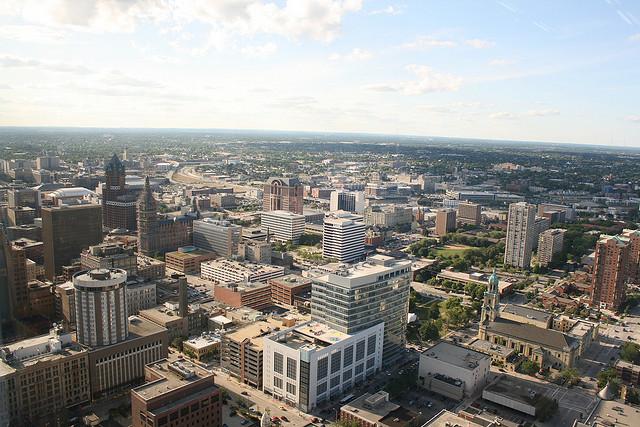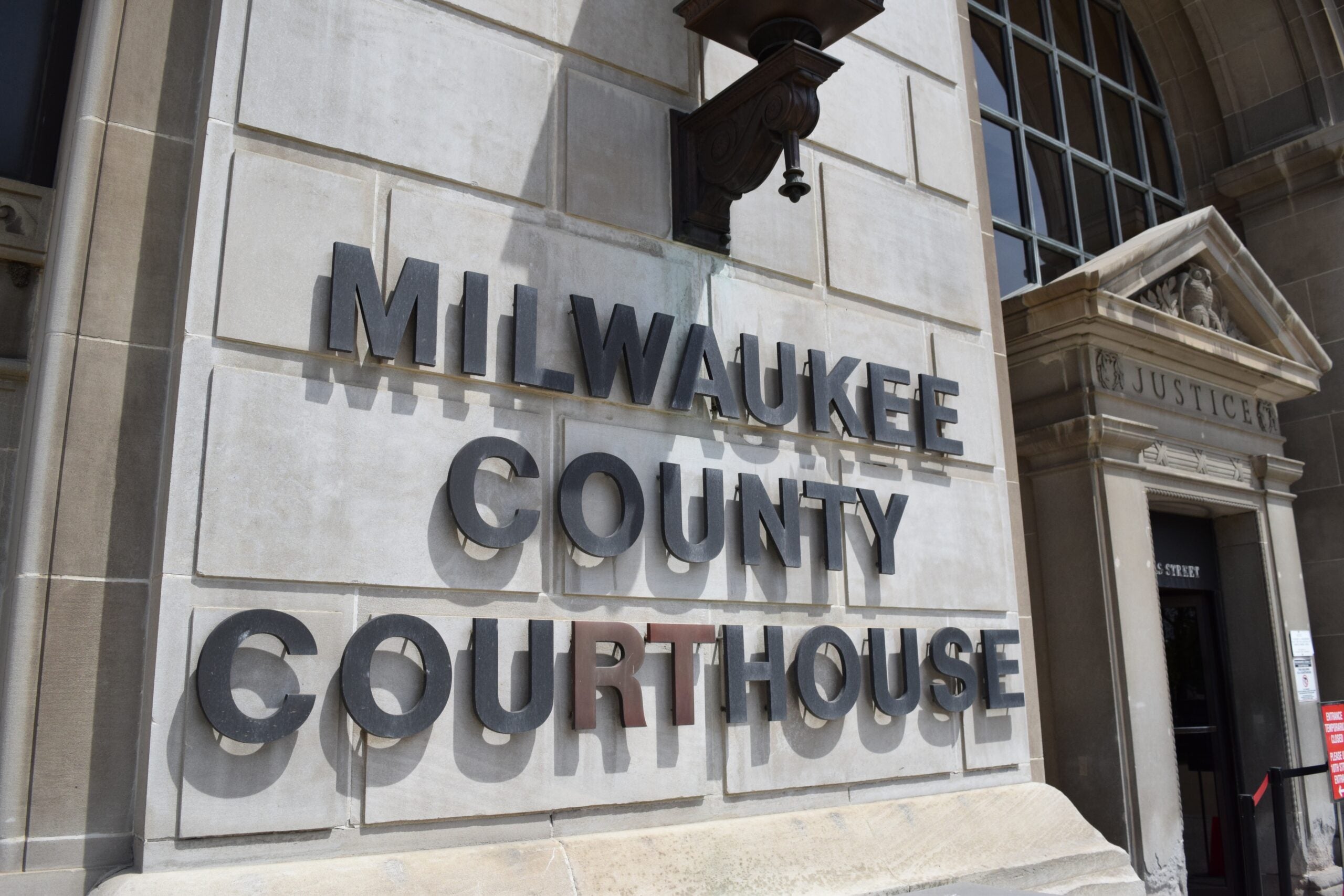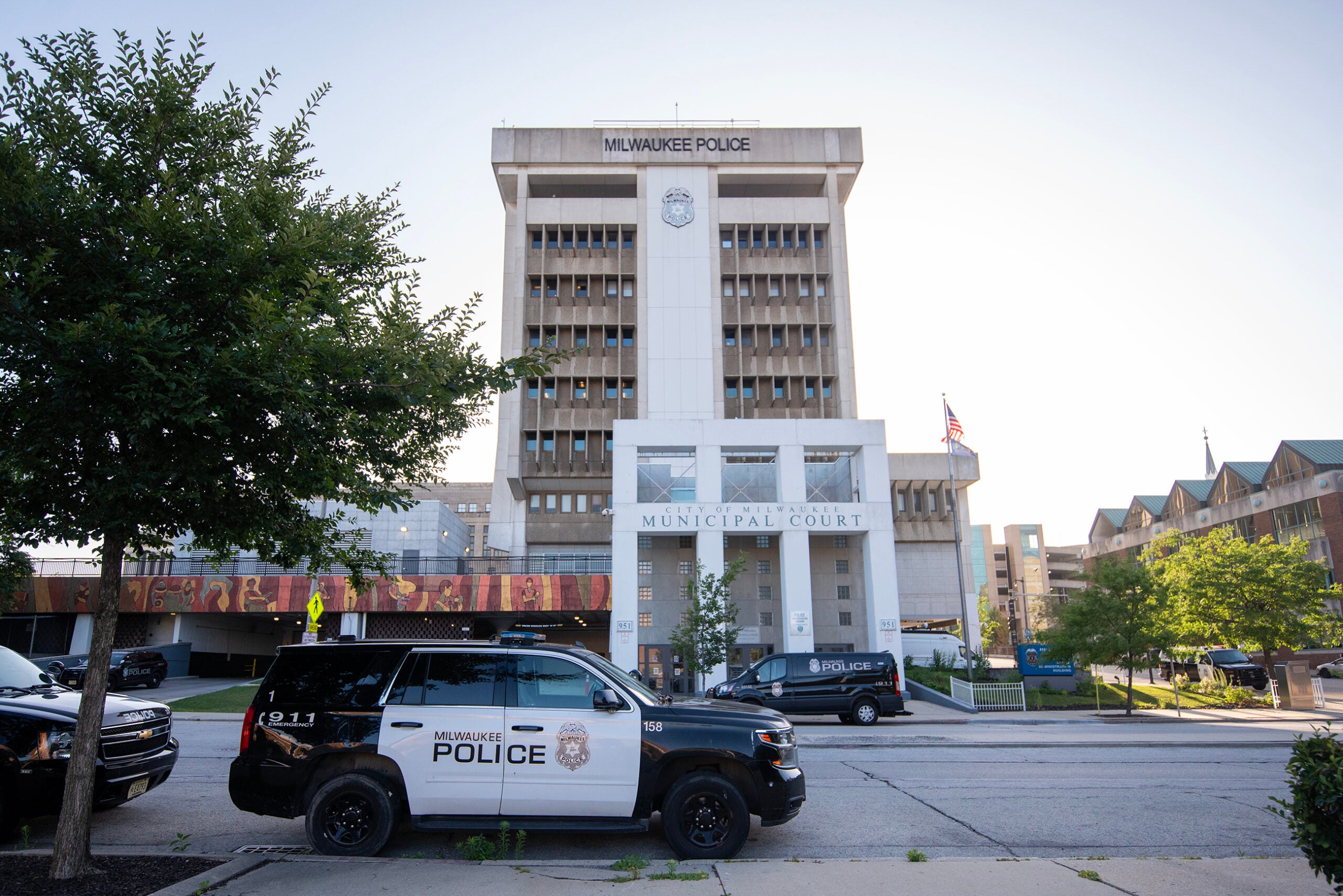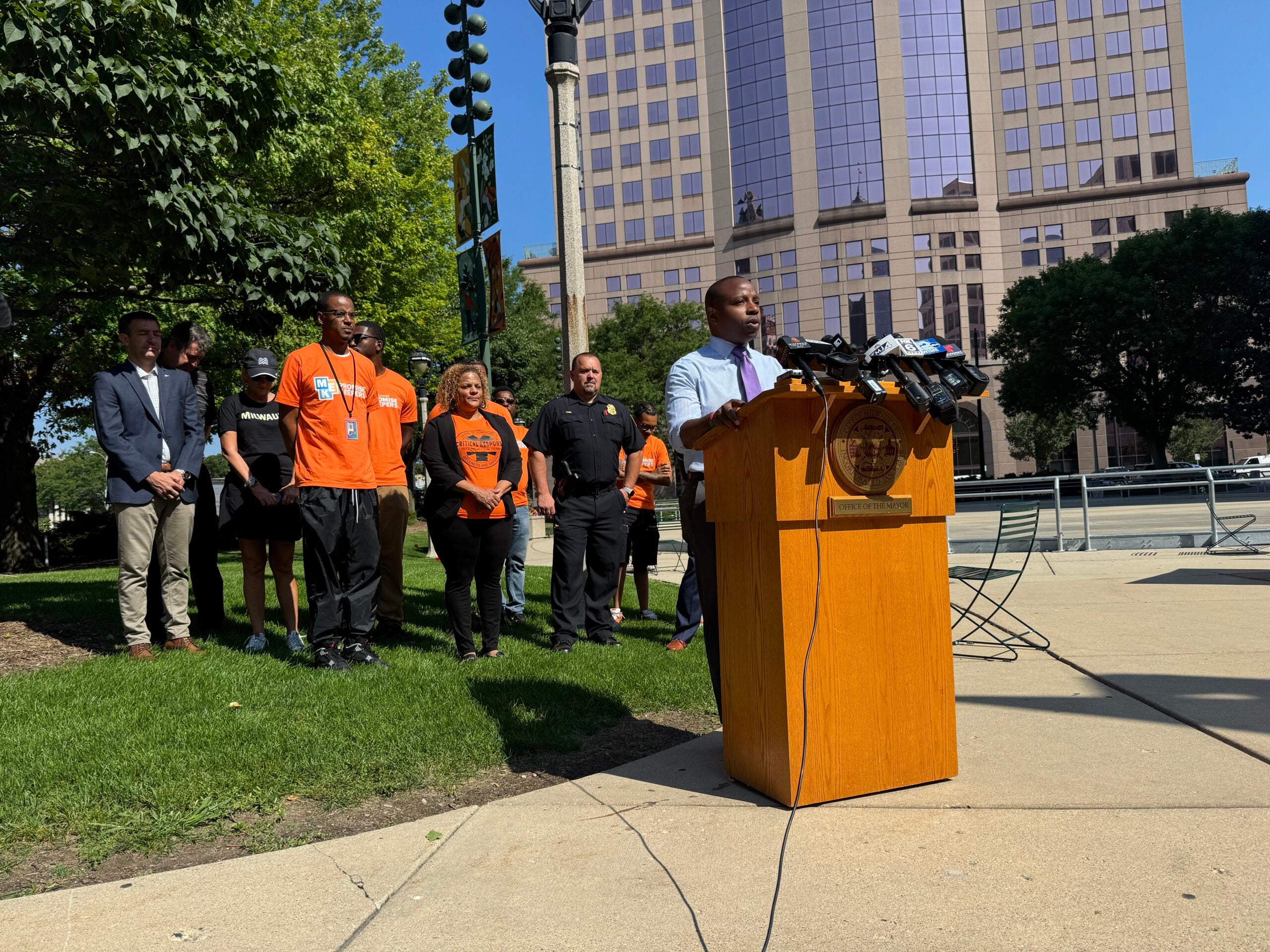A Wisconsin Supreme Court decision invalidating a 75-year residency requirement in Milwaukee three years ago continues to affect the city.
This week, the city’s finance committee will consider extending residency incentives to the police and fire unions.
Whether the departments — which were vocal about wanting to end city residency requirements — will be interested in the incentives is unknown.
News with a little more humanity
WPR’s “Wisconsin Today” newsletter keeps you connected to the state you love without feeling overwhelmed. No paywall. No agenda. No corporate filter.
Republican lawmakers created a statewide ban on residency requirements in 2013. The state Supreme Court ruled in favor of the law in June 2016. Following the 2013 ban, the city began providing city employees not represented by a union salary incentives to encourage people to maintain residency within the city’s jurisdictional borders.
Over time, this has resulted in pay gaps between non-represented employees and those represented by a union.
The finance committee will consider allowing the city’s labor negotiator to bargain with the Milwaukee Police Association and Milwaukee Professional Fire Fighters Association Local 215 to adopt a residency incentive policy. Collective bargaining begins this summer.
Alderman Michael Murphy doesn’t think the police and fire unions will agree to union negotiations for residency incentives.
“I’m pretty confident when I say they will not support any of that at all, and my guess is it will result in going into arbitration, or if anything, to potential court,” Murphy said, adding that since the residency requirement has been lifted, many residents are upset at the number of public safety employees who have moved out of the city. “With the police department, it’s at least 40 percent, and by the end of the year, it will be approaching 50 percent.”
Of the Milwaukee Police Department’s 2,000 employees, 800 do not live in the city, said Milwaukee Employee Relations Director Maria Monteagudo. About 250 firefighters do not live in the city.
Shawn Lauda, president of the Milwaukee Police Association, declined to comment. Mike Bongiorno, president of the Fire Fighters Association, didn’t return phone calls.
The finance committee will also consider creating a task force to study and recommend other incentives that would encourage city employees to obtain and maintain city residency. The group will also discuss streamlining the complicated three-tier incentive program currently in place for non-union employees, Monteagudo said.
The amount of money would be determined at a future meeting.
An analysis by the city’s nonpartisan Legislative Reference Bureau released last year found 21 percent of municipal employees live in the surrounding suburbs.
Of Milwaukee’s roughly 6,500 city employees, more than 1,300 were non-residents, with their salaries accounting for nearly $92.5 million a year, the report found.
Updated numbers from the city show 1,665 city employees don’t live in Milwaukee as of March 1. Of the 1,665 employees who don’t live in the city, 800 work for the police department and 285 work for the fire department, Monteagudo said.
Residency requirements have been eliminated by legislative action or court rulings in municipalities throughout the country.
Governments have considered a number of incentives for employees. Some examples include:
- Detroit has offered to sell tax-foreclosed homes to police officers who live outside of the city for a $1,000 down payment and up to $150,000 in grants for renovations.
- Little Rock, Arkansas, offers $5,000 incentive payments for new employees who buy homes in the city within one year of being hired.
- New Jersey offers a $10,000, zero-interest loan to purchase or rehabilitate a home in the city where employees work.
- Baltimore offers five-year forgivable loans up to $5,000 for employees purchasing homes in the city.
Wisconsin Public Radio, © Copyright 2025, Board of Regents of the University of Wisconsin System and Wisconsin Educational Communications Board.







